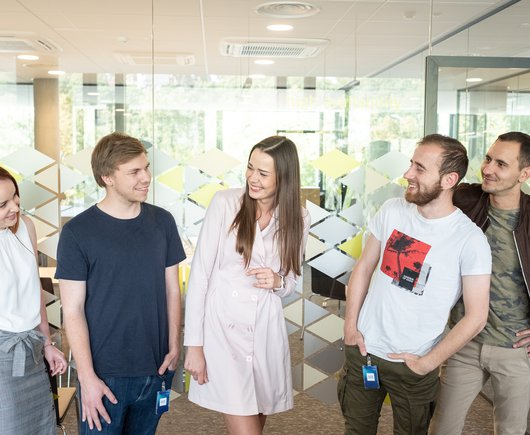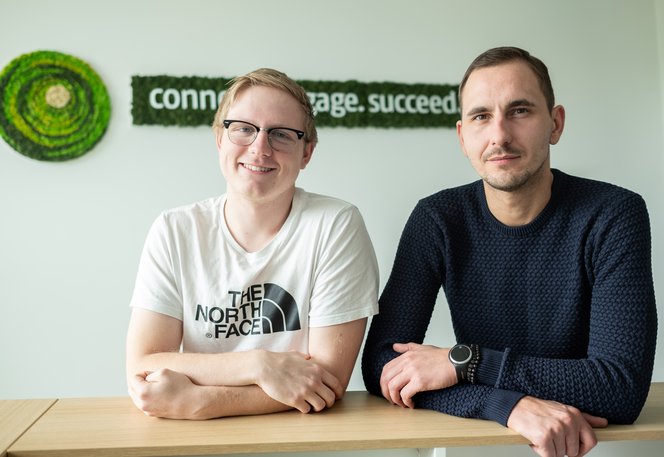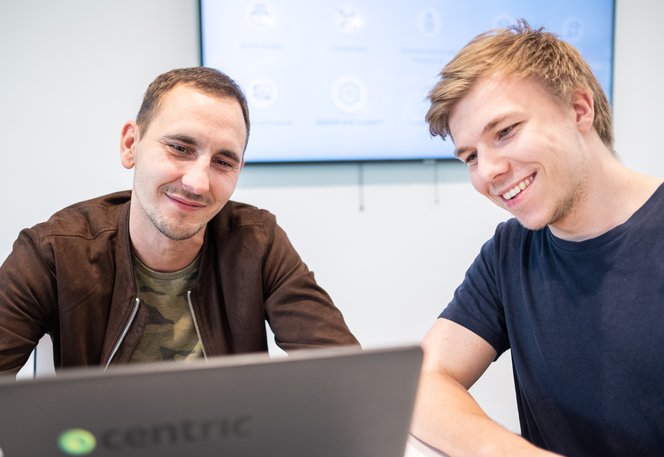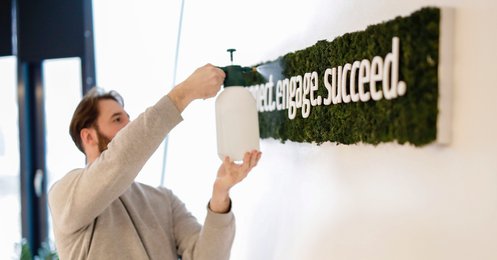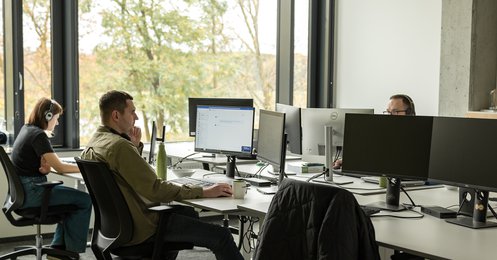25/03/2019
Coming back to Lithuania for short holidays only, for over a decade, Armantas Tupčiauskas says that he never thought of settling in another country for good. Not even the growing career possibilities, his own business, mastered local language and all new friends in Norway made his heart long for the homeland less. Therefore, when he saw that the international IT technology giant Centric is looking for a Norwegian-speaking specialist to work in Kaunas, he sent his CV on the same evening and after successful job interviews, without looking back, returned to his native city of Kaunas.
33-year-old Armantas says that he has been interested in the IT field all his life, so it is no coincidence that he chose IT engineering at Kaunas College as his first degree. Later, after working in Norway, he also completed extramural studies in civil engineering. "I hoped for construction to become a salable sector, so I could move to it after returning to Lithuania. Unfortunately, the right job never came up, so I had to go back to Norway."
